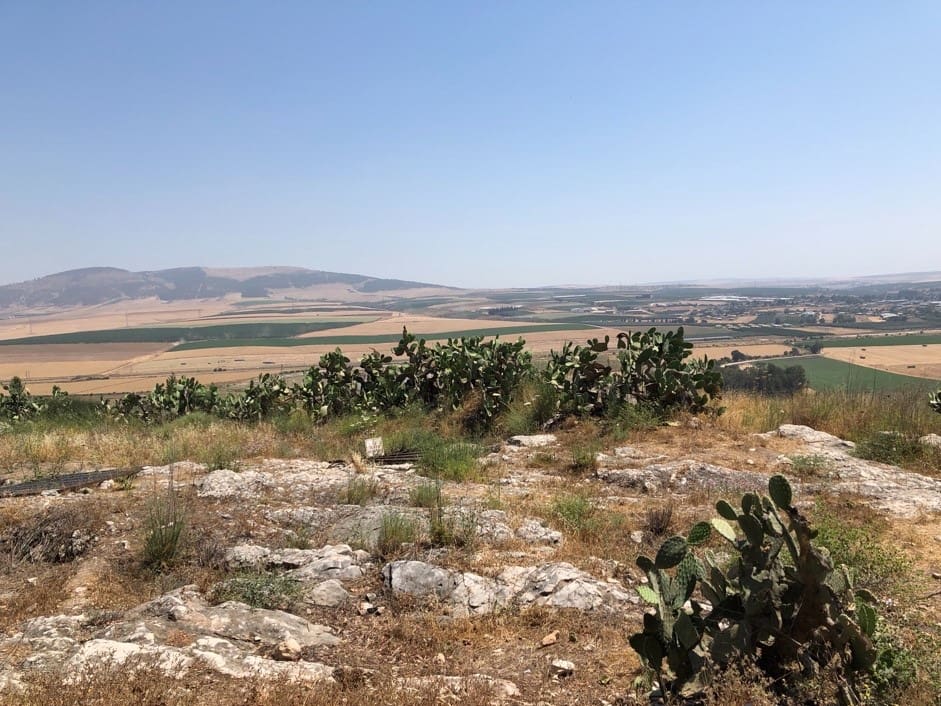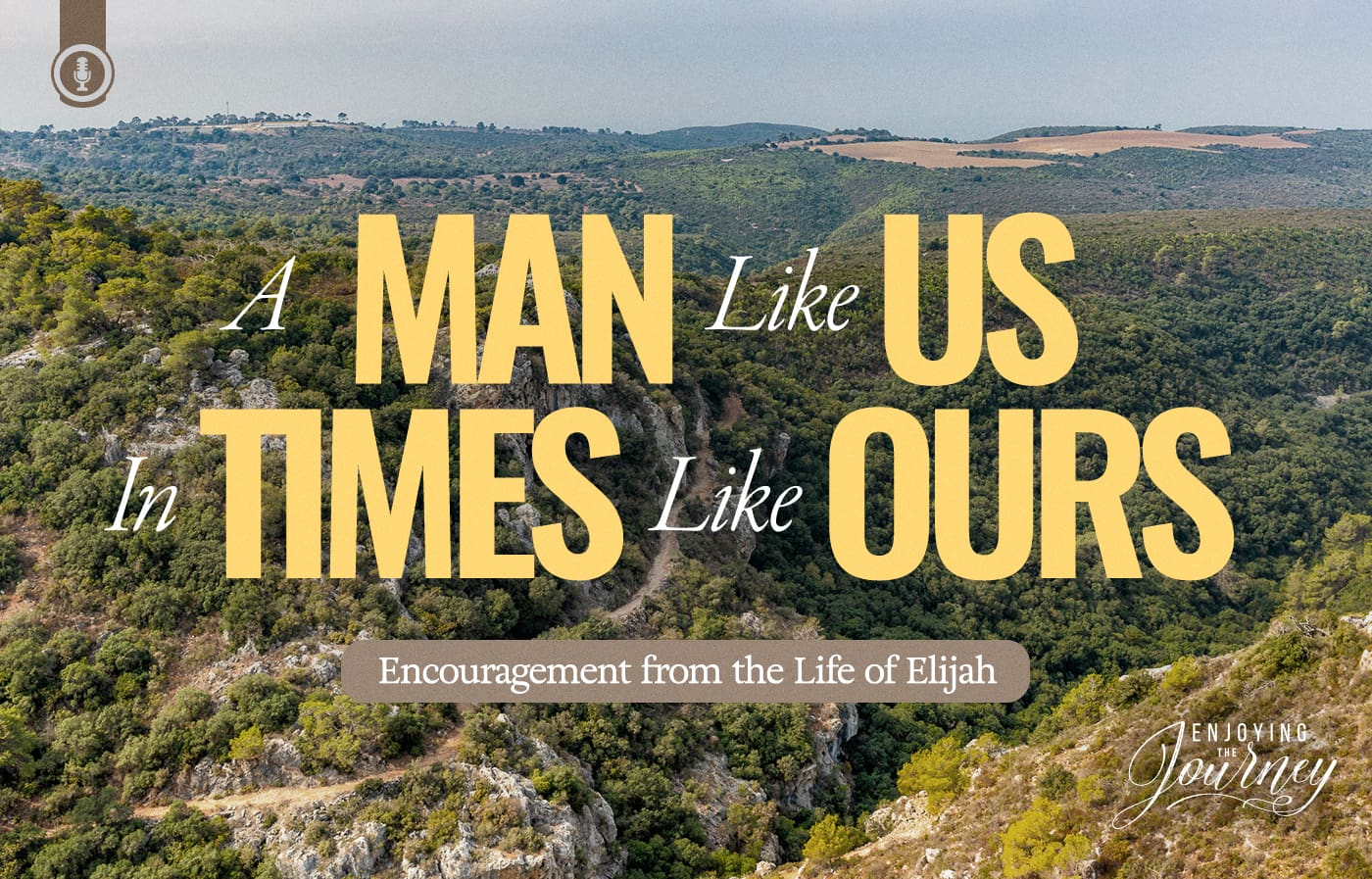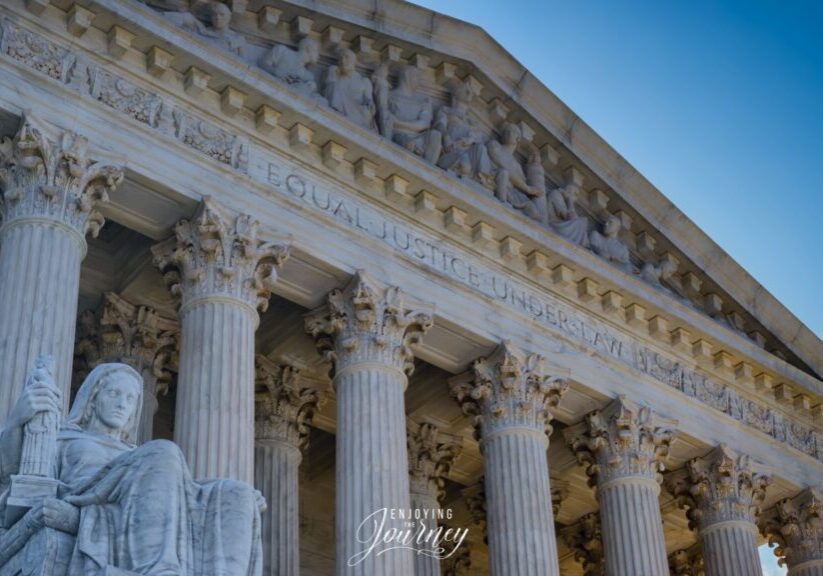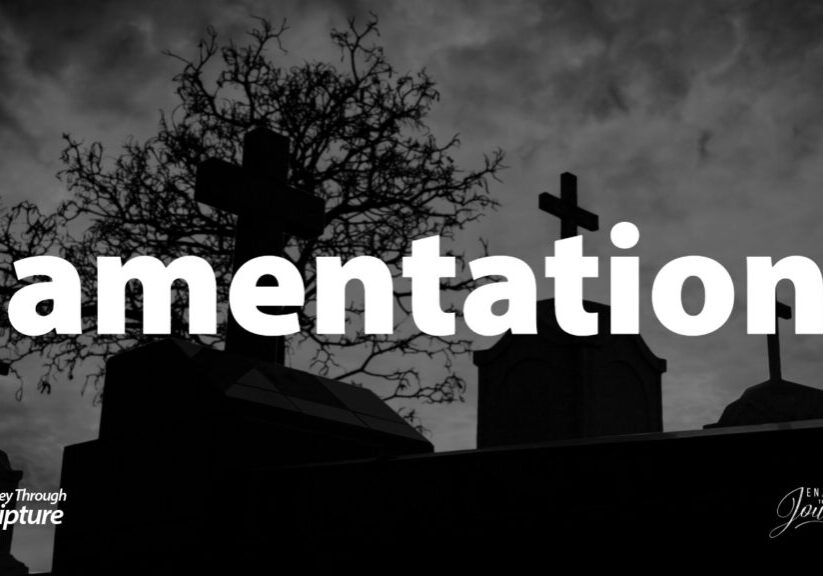
Jezreel in the Bible
“And it came to pass after these things, that Naboth the Jezreelite had a vineyard, which was in Jezreel, hard by the palace of Ahab king of Samaria. And Ahab spake unto Naboth, saying, Give me thy vineyard, that I may have it for a garden of herbs, because it is near unto my house: and I will give thee for it a better vineyard than it; or, if it seem good to thee, I will give thee the worth of it in money. And Naboth said to Ahab, The Lord forbid it me, that I should give the inheritance of my fathers unto thee” (I Kings 21:1-3).
The Jezreel Valley is unusual in the land of Israel in that it runs northwest to southeast, which is in contrast to most of the valleys in the holy land, which tend to lie north to south. Due to the valley’s wide, flat, well-watered floor, it provided a good place to grow crops. The name of the valley literally means “God sows.” This is probably in reference to the fertility of the valley, which is still true in modern times. Unfortunately, it also provided an ideal invasion route for armies from the coastal roads, or the broad Acco Plain wishing to penetrate the interior. To try to defend against invasions, the ancient kings of Israel lined the valley with forts, such as the royal city at Jezreel. In later times, the Greek and Roman armies marched into the interior using the valley.
Ahab famously offered Naboth a trade for his vineyard. The king said that he would give Naboth money, or a better vineyard in exchange for his inheritance. However, grape vines require certain soil conditions to flourish. They are not a crop that can be grown just anywhere. Scientists have done extensive soil studies and sampling in the valley around ancient Jezreel. So far, they have found a single patch of ground that would be suitable for growing grapes. It is tempting to speculate that this must be where Naboth’s vineyard was located, but we cannot be sure. What we can be sure of is that Ahab would not have been able to offer Naboth another vineyard anywhere in the vicinity. Any vineyard in Ahab’s possession would have been located miles away. In other words, the king’s offer of a trade came with a hidden cost. If Naboth had accepted, he would have had to move far away from the only place he had ever called home.
Christian, when Satan offers you a trade for your inheritance, you should know that it will come at a cost. But sometimes, so will standing for what is right. In our story, Naboth stood up to the wicked king, even when it meant that Ahab’s pagan wife Jezebel would scheme to have him murdered. Yet, in the Old Testament, Naboth shines as an example of a godly man who refused to give up his inheritance, even when faced with two of the Bible’s most despicable bullies. What Ahab and Jezebel did angered God. He sent Elijah to meet Ahab in Naboth’s vineyard. There, on stolen ground, Elijah told the evil king the humiliating ways that he and Jezebel would die for what they had done.
In my graduate studies in Israel, one of my professors, Dr. Paul Wright, would often say, “You have been given a goodly heritage. Guard it well.” As believers, we do have a goodly heritage, and we should love it just as much as Naboth loved his. In this day and age, we are under pressure to sell or trade in our heritage. When that offer comes to us, I pray that we will all be like Naboth.
“The Lord is the portion of mine inheritance and of my cup: thou maintainest my lot. The lines are fallen unto me in pleasant places; yea, I have a goodly heritage” (Psalm 16:5-6 )
Related Resource:
Discover more from Enjoying the Journey
Subscribe to get the latest posts sent to your email.







